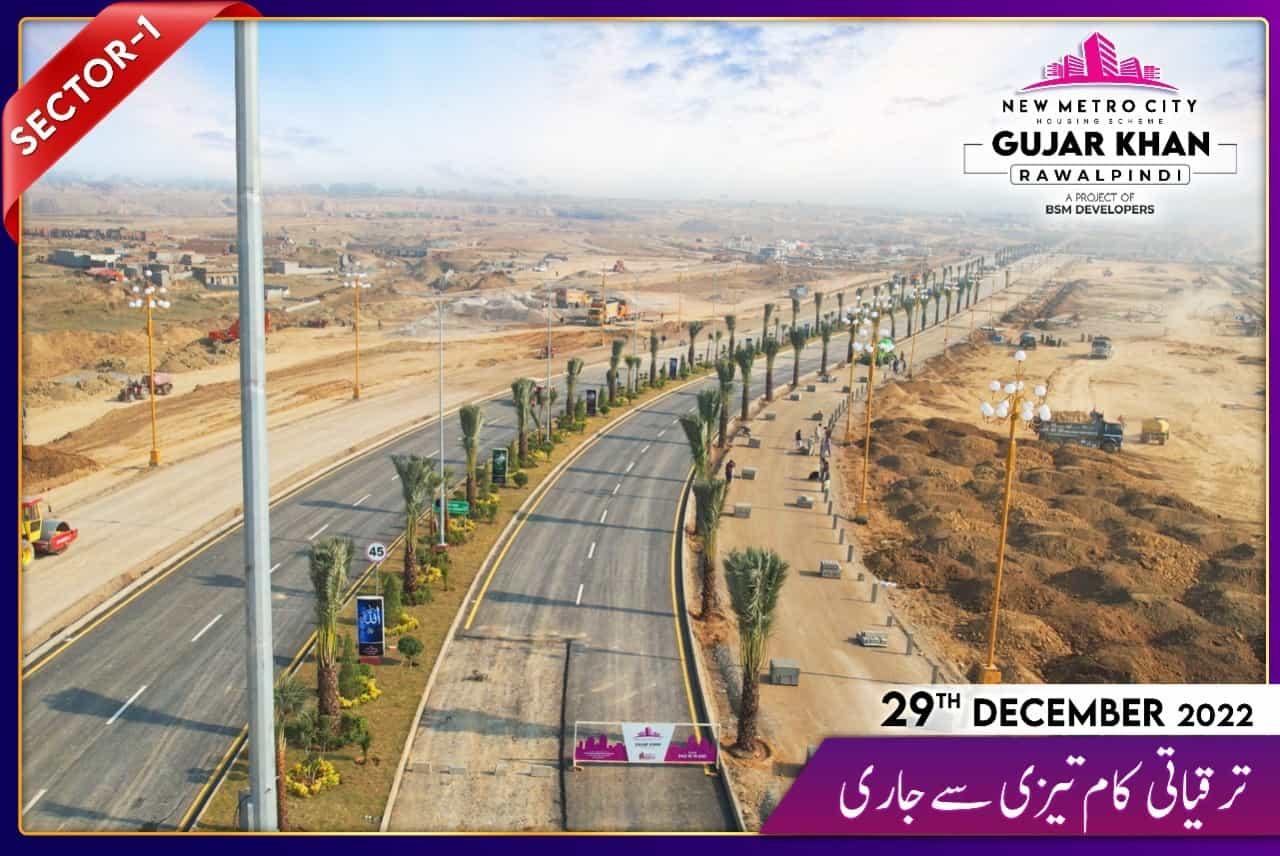Introduction
In an era marked by urbanization and population growth, the efficient management of waste and recycling has become an increasingly urgent concern. Traditional waste disposal methods, such as landfilling and incineration, are not only environmentally detrimental but also unsustainable in the long run. Recognizing this, the new metro city has embarked on an ambitious journey to revolutionize waste management and recycling practices. In this article, we will delve into the innovative strategies and initiatives that the city is implementing to address this pressing issue.
- Comprehensive Waste Segregation
One of the fundamental steps in modern waste management is the segregation of waste at its source. The new metro city has taken this principle to heart, implementing a comprehensive waste segregation program. Residents are provided with separate bins for different types of waste, including organic, recyclable, and non-recyclable materials. This practice ensures that materials with potential recycling value are not contaminated and can be processed more efficiently.
- Advanced Recycling Infrastructure
The city has invested heavily in state-of-the-art recycling facilities. These facilities employ cutting-edge technology to sort, clean, and process recyclable materials effectively. Advanced sorting machines, magnetic separators, and optical scanners are used to separate materials like paper, plastics, glass, and metals, increasing the purity of recyclables and reducing waste going to landfills.
- Promoting Circular Economy
The new metro city is committed to promoting a circular economy, where resources are used more efficiently, and waste is minimized. To achieve this, they have established partnerships with local businesses to encourage the use of recycled materials in manufacturing processes. These initiatives not only reduce waste but also create economic opportunities within the community.
- Green Initiatives in Transportation
To minimize the carbon footprint associated with waste collection, the city has introduced an innovative fleet of electric waste collection vehicles. These eco-friendly vehicles are powered by renewable energy sources, reducing emissions and noise pollution in residential areas. Additionally, the city has implemented optimized waste collection routes using data analytics to reduce fuel consumption and improve efficiency.
- Public Awareness Campaigns
Educating the public about responsible waste management is crucial to the success of any recycling program. The new metro city has launched extensive public awareness campaigns to inform residents about the benefits of recycling and the importance of proper waste disposal. These campaigns include workshops, seminars, and educational materials distributed to households.
- Encouraging Household Composting
A significant portion of household waste consists of organic materials like food scraps and yard waste. To divert these materials from landfills, the city encourages residents to engage in household composting. Composting bins and educational programs are readily available to guide residents in turning organic waste into nutrient-rich compost for gardens and green spaces.
- Promoting Reuse and Upcycling
Another aspect of the new metro city's waste management plan is the promotion of reuse and upcycling. Community centers and waste collection points offer facilities for residents to drop off items they no longer need but are still in usable condition. These items are then made available to others who can use them, reducing the overall waste stream.
- Waste-to-Energy Facilities
While recycling is a priority, the city recognizes the need for responsible waste disposal for non-recyclable materials. To address this, they have invested in waste-to-energy facilities that convert non-recyclable waste into energy. These facilities use advanced incineration methods that minimize emissions and harness the energy generated to power local utilities.
- Green Building Standards
To ensure sustainability across all aspects of urban life, the new metro city has adopted stringent green building standards. These standards encourage the use of environmentally friendly construction materials, designs that optimize energy and resource use, and waste reduction throughout the building process. As a result, new structures in the city are environmentally responsible from the ground up.
- Waste Reduction Targets
Setting clear waste reduction targets is an essential part of the city's waste management plan. These targets are periodically reviewed and updated to ensure progress is being made. By regularly monitoring and adjusting their goals, the city remains committed to reducing waste generation and promoting recycling at every level.
Conclusion
The new metro city's approach to waste management and recycling is nothing short of revolutionary. Through comprehensive waste segregation, advanced recycling infrastructure, circular economy initiatives, and extensive public awareness campaigns, the city is setting a benchmark for sustainable urban living. By promoting responsible waste management, minimizing waste going to landfills, and harnessing the potential of waste-to-energy facilities, the city is not only reducing its environmental impact but also creating a cleaner, greener, and more prosperous future for its residents. As other cities around the world grapple with waste management challenges, the new metro city serves as a shining example of how innovative strategies can lead to a more sustainable and environmentally conscious urban landscape.
